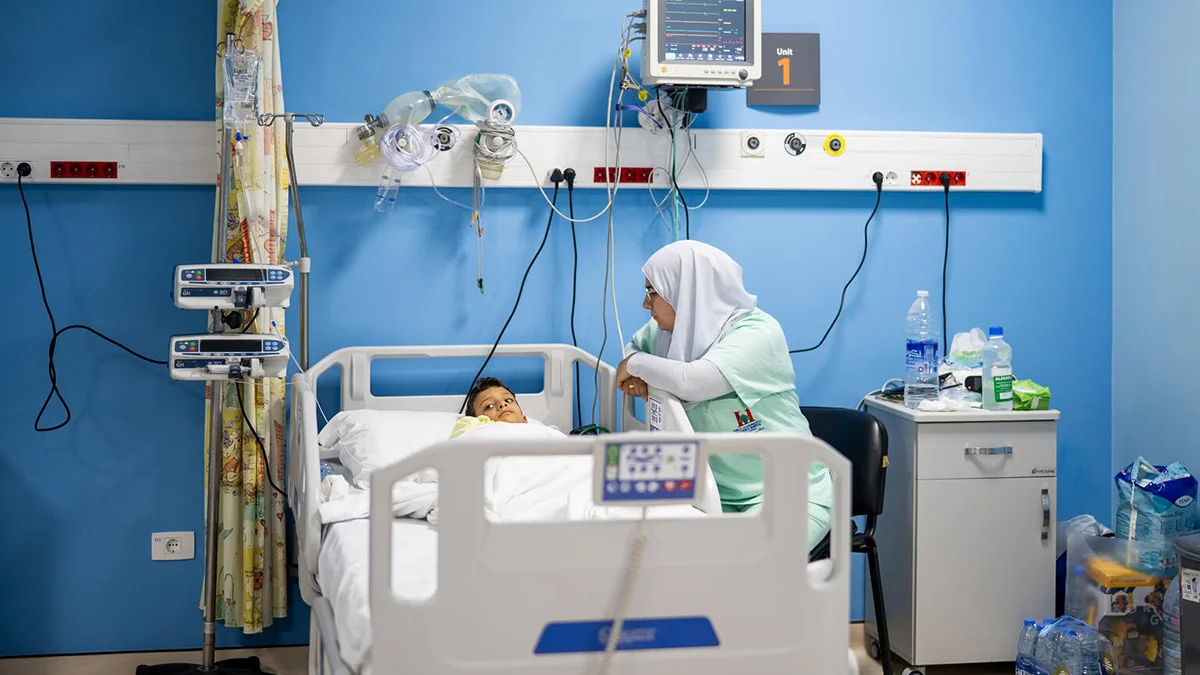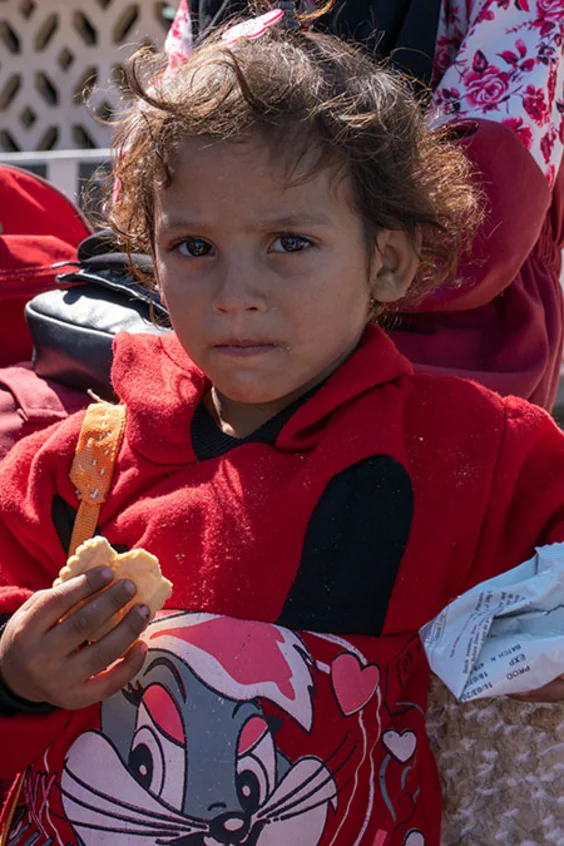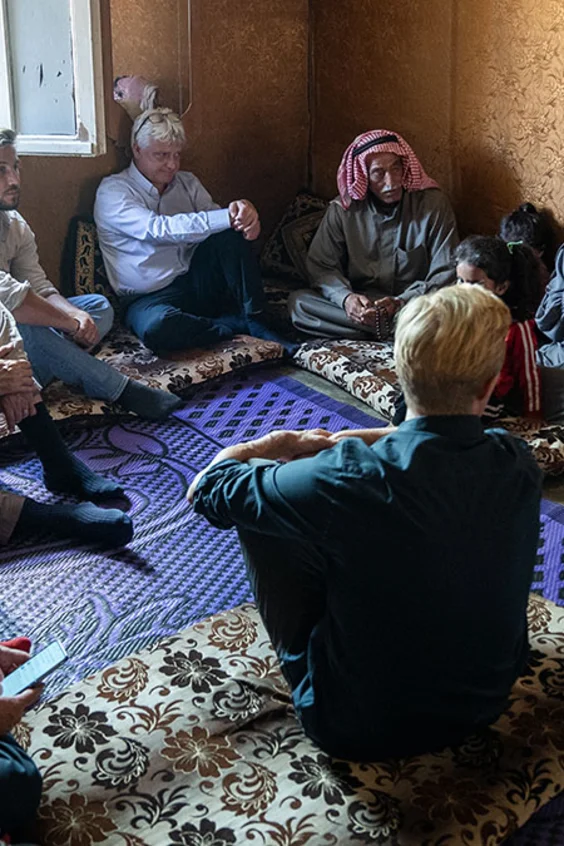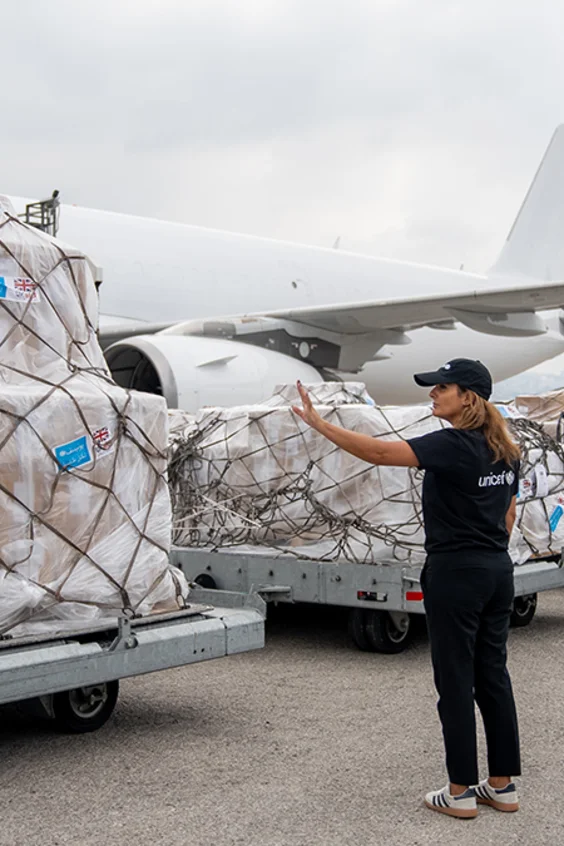UNICEF calls for a ceasefire to protect children as physical injuries and psychological suffering rise dramatically.
More than 690 children have reportedly been injured in Lebanon as the conflict has dramatically escalated in recent weeks.
Since 20 August, the number of children injured in the conflict has increased drastically, bringing the total number injured in the last year to 890 as of 2 October, according to the Lebanese Ministry of Public Health.
“This disastrous conflict is exacting a tremendous toll on children,” said UNICEF Regional Director Adele Khodr. “Doctors tell us of treating children who are bloodied, bruised, and broken, suffering both physically and mentally. Many are experiencing anxiety, flashbacks, and nightmares related to explosions. No child should be subjected to such horrific situations.”
The most common injuries reportedly recorded among children include concussions and traumatic brain injuries from the impact of blasts, shrapnel wounds and limb injuries. Hearing loss caused by explosions isalso common.
In the last year at least 127 children have been killed, with more than 100 of these deaths occurring in the past 11 days alone,according to the Lebanese Ministry of Public Health.
“These are not mere numbers. They are innocent children, who had dreams and a future just like anyone else,” adds Khodr.
Meanwhile, it is estimated that more than 400,000 children have been displaced from their homes, grappling with fear, anxiety, destruction, and death in an uncertain and unfamiliar environment, and not knowing when they will return home or go back to school. UNICEF is particularly concerned about the long-term impacts of these events on their mental health.
Lebanon’s health system is under immense strain with the increased number of casualties, and has been directly affected by the conflict with at least 10 hospitals sustaining damage, including one neonatal intensive care unit.
In response, UNICEF has delivered 100 tons of emergency medical supplies, with a further 40 tonsexpected over the weekend. These supplies are being distributed to hospitals, primary health care centres, pop-up clinics, and first responders, to support life-saving care for families, especially pregnant womenand children, across Lebanon. UNICEF is also supporting medical services at 50 shelters and psychosocial support sessions.
Given the scale of needs in Lebanon, UNICEF is urgently appealing to the international community to mobilize humanitarian support and ensure that supply routes into Lebanon remain open, allowing for the rapid and safe delivery of life-saving aid to children in need.
UNICEF continues to call for an urgent ceasefire and urges for all parties to protect children and civilian infrastructure, and to ensure that humanitarian actors can safely reach those in need, in accordance with their obligations under international humanitarian law.






